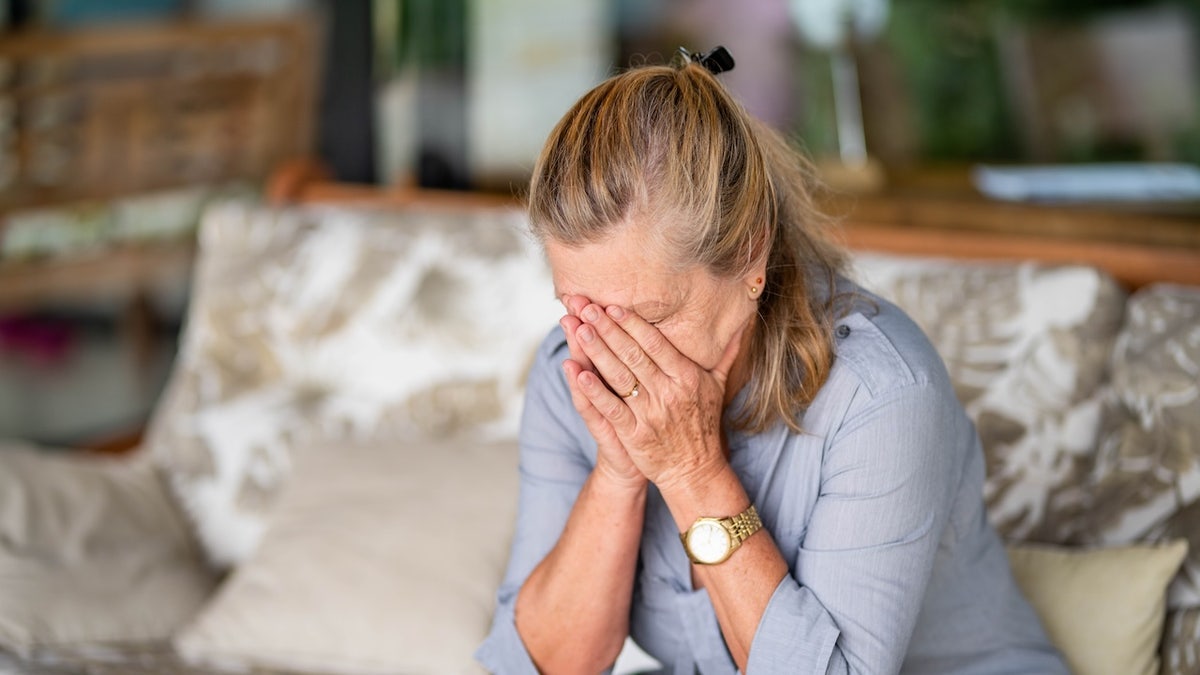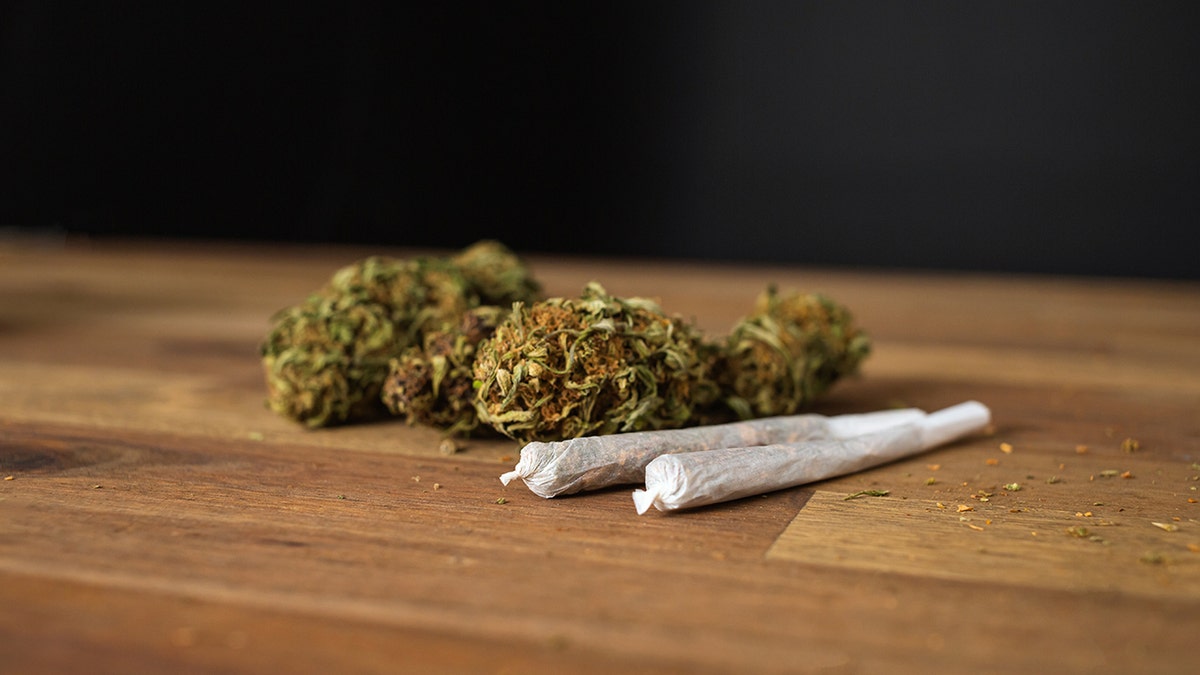NEWYou can now listen to Fox News articles!
Cannabis is getting stronger, research has shown — and so are its health risks.
Two new studies raise red flags about how marijuana use may increase paranoia and mental health struggles, especially for people who start using it to cope with anxiety, depression or past trauma.
The first study, published in BMJ Mental Health, looked at more than 3,000 adults who currently or previously used cannabis.
CANNABIS GUMMY POISONINGS SURGE AMONG VULNERABLE GROUP, EXPERTS WARN
Researchers found that people who first tried marijuana to deal with pain, stress or depression were far more likely to struggle with paranoia later.
Those who only used it out of curiosity or for fun had the lowest levels of paranoia and anxiety.
They also measured how much people were consuming. On average, participants reported using the equivalent of 10 to 17 joints per week — with today’s strains widely reported to be much stronger than in past decades.
According to the American Psychological Association, in the 1960s and 1970s, marijuana averaged about 1% THC; today, many products reach 30% and concentrates can hit 90–95%.
CANNABIS USE RAISES RISK OF HEART ATTACK AND STROKE MORE THAN COCAINE, OTHER DRUGS, MAJOR REVIEW SUGGESTS
Researcher Tom Freeman, a professor at the University of Bath, suggested that cannabis could be tracked like alcohol by standard “THC units,” so users know exactly how much they’re consuming and what it could mean for their health.
CLICK HERE TO SIGN UP FOR OUR HEALTH NEWSLETTER
“This study further spotlights that youth cannabis use can be destructive to developing brains,” Riana Durrett, director of the UNLV Cannabis Policy Institute, told Fox News Digital.
“Although there are varying opinions about cannabis law and policy reform, everyone can agree that youth prevention is essential to public health and future generations.”

Durrett, who was not involved in the study, also noted that the findings help to confirm the connections between trauma, anxiety and cannabis use, which are also supported by previous UNLV research.
“There is convincing evidence that cannabis should not be used to self-medicate for anxiety, even though there may be other important medical benefits that also deserve research and attention,” she said.
More research is needed on how cannabis use compares to alcohol, Durrett added.
The second study, published in Psychological Medicine, dug into the link between childhood trauma, paranoia and cannabis use.
Participants who experienced some kind of trauma, such as physical or emotional abuse, were more likely to suffer paranoia — and marijuana made it worse.

Dr. Giulia Trotta, a psychiatrist at King’s College London and lead author of the first study, said cannabis appears to “exacerbate the effects” of trauma, depending on what a person went through. She urges doctors to screen patients with paranoia for a history of trauma.
Why it matters now
As cannabis legalization widens, more people are turning to marijuana for relief from stress, pain or trauma. But experts warn that self-medicating in this way can backfire.
MORE IN HEALTH NEWS
Professor Marta Di Forti of King’s College London, who worked on both studies, said the findings are a clear warning for policymakers.
“While some individuals turn to cannabis as a way of coping with pain or trauma, this may carry significant risks for their mental health and well-being.”
Read the full article here







Leave a Reply